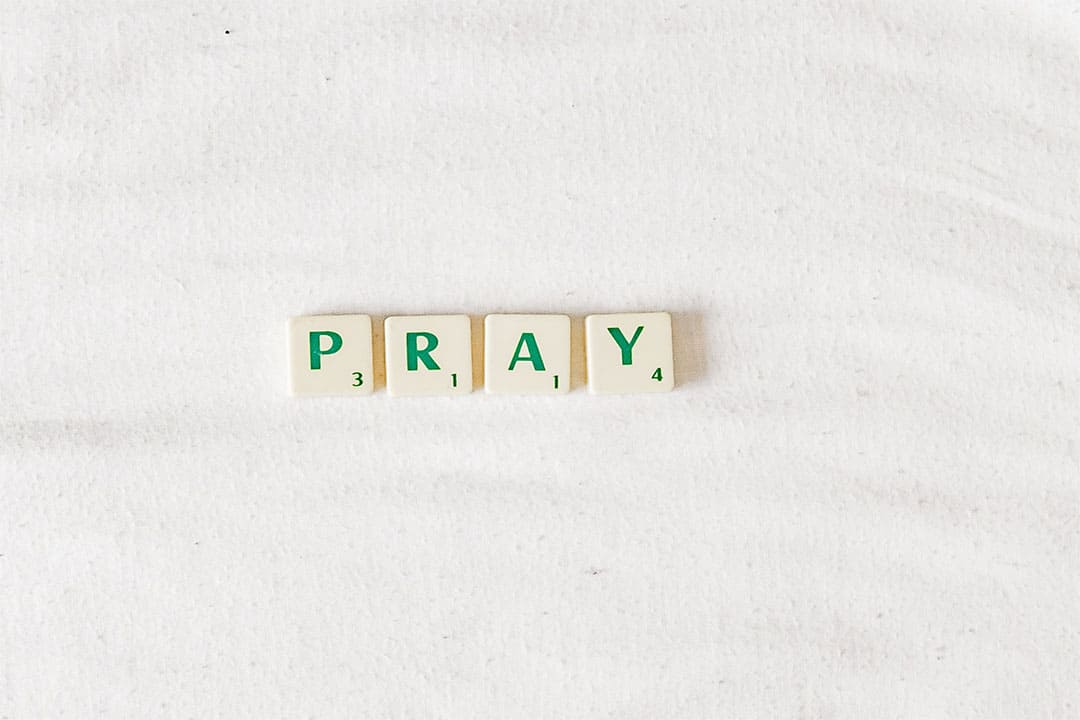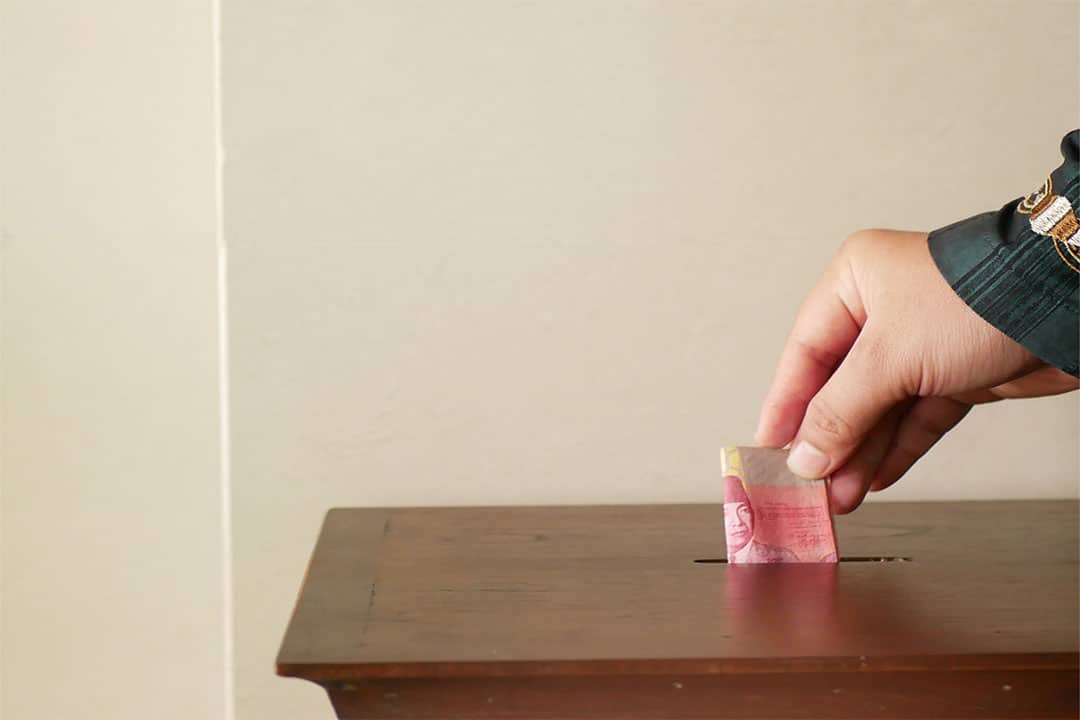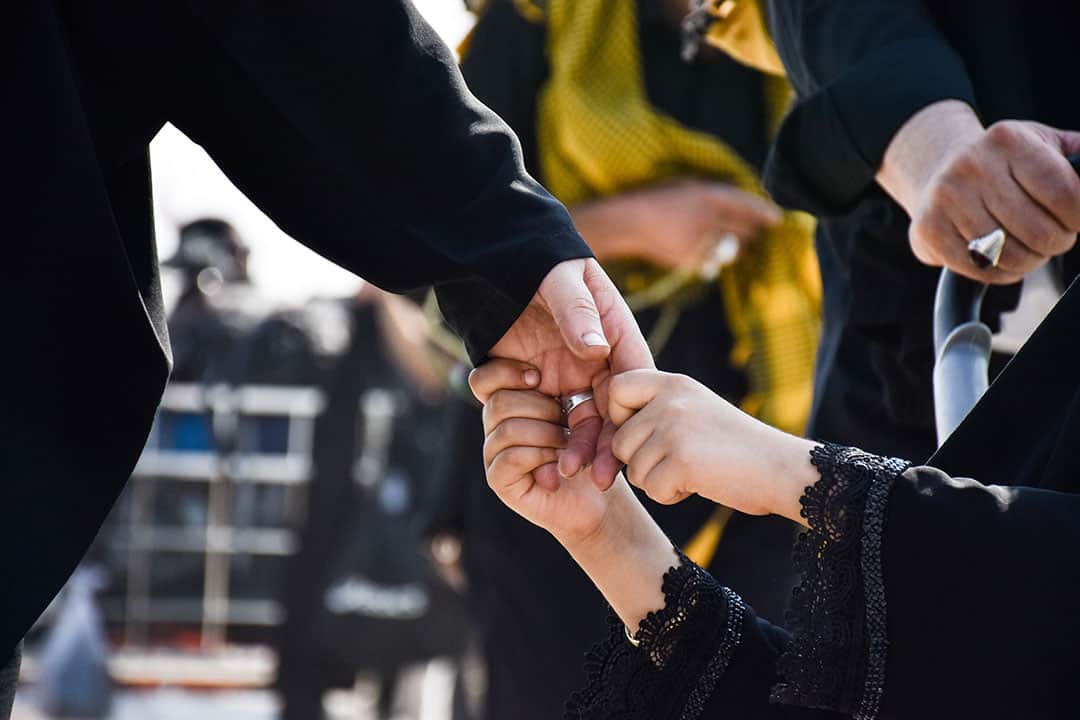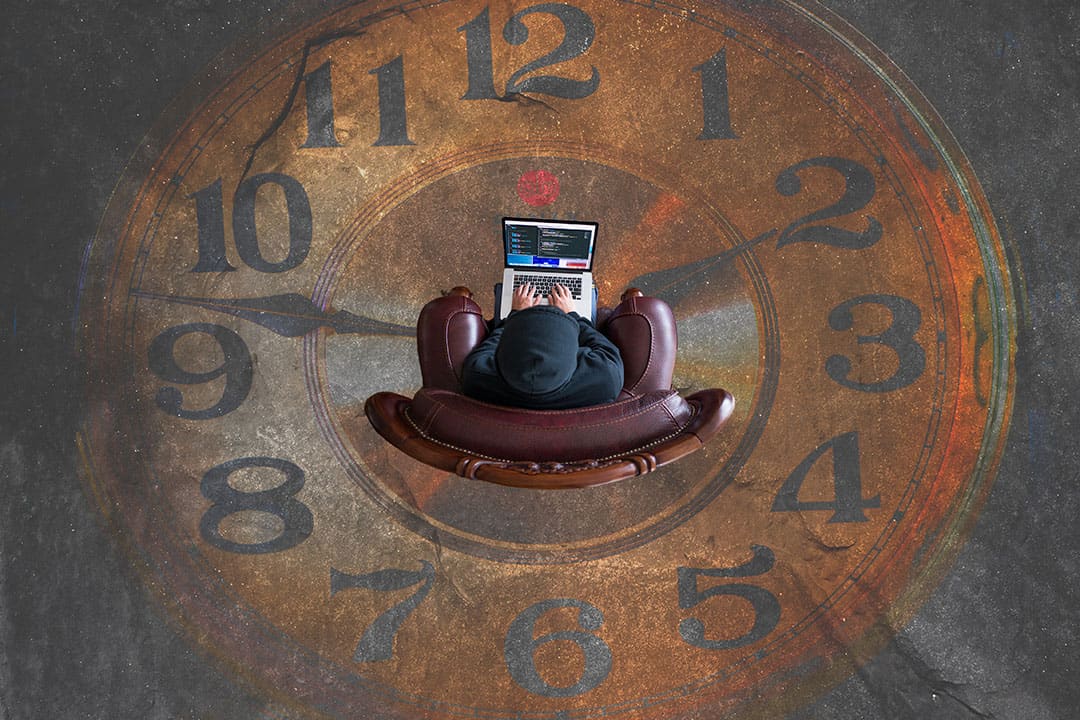Summarising the simple ways we can implement the Sunnah into our lives
What new habit would you like to keep to?
Following on from the beautiful series on the Prophet’s (ﷺ) morning, afternoon and evening routine – it’s natural to feel overwhelmed as to how we can implement that into our daily routine.
However it is important to remember that,
“The most beloved deed to Allah is the most regular and constant even if it were little.”
[Bukhari]
Ultimately the purpose for mankind being created is to serve and worship Allah. Our lives should be tailored so that the acts we do on a day to day basis i.e. working, visiting and connecting with family and friends – with the right intention can also serve the purpose of our existence. Rather than squeezing Islam into bits of our lives, we should strive to ensure that naturally Islam exists in every element of our life albeit it being work, home or socially.

Presented are some simple and sustainable ways we can implement the Sunnah into our lives.
- Prayers – what better way to start and end the day then with the remembrance of whom we love the most. Starting the day with Fajr and making the last prayer at night our witr salah. This is also a great opportunity to sleep with wudu for ‘whoever retires for the night in a state of purity, an angel will reside with him in his bed’ and ask for his forgiveness.
The Prophet (ﷺ) said, “The two Rak’ah before the dawn (Fajr) prayer are better than this world and all it contains.”
[Muslim]
- Du’a – Having a daily du’a (supplication) list to start and end the day with – as simple as reciting Ayat-ul-kursi asking for Allah’s protection. By reciting it,
The Prophet (ﷺ) said there will be a guardian appointed over us from Allah, who will protect us from Shaytan during the night.
[Bukhari]
There are many occasions where it is a beautiful time to make du’a, not only for ourselves but for others too. The time before Maghrib on a Friday, when it is pouring it down with rain, whilst travelling or fasting. Many of us are already awake past midnight, perhaps to take this final portion of the night to have a personal conversation with your Lord.
Abu Dharr (RA) reported that Allah’s Messenger (ﷺ) said:
“There is no believing servant who supplicates for his brother behind his back (in his absence) that the Angels do not say: The same be for you too.“
[Muslim]
- Dhikr – Du’a and dhikr (remembrance of Allah) go hand in hand. Dhikr can easily be added into your daily routine – whether it’s on your commute to work, during breaks or even when home alone. Something as simple as listening to the Qur’an on our way to the local supermarket can prove to be rewarding as Surah Al-A’raf beautifully says to listen to the Qur’an when it is recited and pay heed to it, to obtain mercy. Swapping the radio for a beneficial podcast is another simple way to modify our current lifestyles with the intention to gain reward with every action we take.
The Messenger of Allah (ﷺ) said, “Allah the Exalted says: ‘I am as my slave expects me to be, and I am with him when he remembers Me. If he remembers Me inwardly, I will remember him inwardly, and if he remembers Me in an assembly, I will remember him in a better assembly (i.e., in the assembly of angels).”
[Bukhari]

- Health – Using natural hygiene and health sources as recommended from the Sunnah i.e. miswak, honey and black seeds on a regular basis, trimming nails – is not only beneficial for us physically but also doubles up as a reward allowing for a means of purification.
‘Aisha (RA) said, (narrating) from the Prophet (ﷺ): “Siwak is a means of purification for the mouth and is pleasing to the Lord.”
[Sunan an-Nasa’i]
- Family and friends – Spending time with those who you owe time to is in itself a beautiful way to practice Islam in moderation. For we aren’t asked to spend all our living moments in prayer or to spend all our days observing fasts. Part of Islam is ensuring you spending time with your family, your spouse, your guests including your friends, for it is their right over you.
Narrated ‘Abdullah bin ‘Amr (RA):
Once Allah’s Messenger (ﷺ) said to me, “I have been informed that you offer Salat (prayer) all the night and observe Saum (fast) during the day.” I said, “(Yes) I do so.” He said, “If you do so, your eyesight will become weak and you will become weak. No doubt, your body has right on you, and your family has right on you, so observe Saum (for some days) and do not observe it (for some days), offer Salat (for sometime) and then sleep.”
[Bukhari]
- Charity – Giving to charity consistently, be it £1 a day, week or month. We even have the luxury to choose what causes specifically we want to support – The gift of education? The ability to pray in a masjid? The orphan? By giving in charity, we are in fact benefiting ourselves before benefiting anyone else.

- Forgiveness – Finally whilst we may observe many outwardly acts of worship and we may spend time worshipping long nights privately. A beautiful story is narrated which shows just how important it is to maintain relations with all, sleeping with a clean heart, with genuinely no grudges held for anyone.
Abu Huraira (RA) reported: “The deeds are presented on every Thursday and Monday and Allah, the Exalted and Glorious. grants pardon to every person who does not associate anything with Allah except the person in whose (heart) there is rancour against his brother. It would be said: Put both of them off until they are reconciled.”
[Muslim]
Although difficult, forming better habits can help us improve ourselves – what is one way you’d like to revive a Sunnah (Prophetic routine)?






Assalamulaikum Sister,
Jazakalllahu for such a great and simple written routine of our beloved Prophet (PBUH). Motivated me from today’s downside. May Allah swt bless you. Ameen.